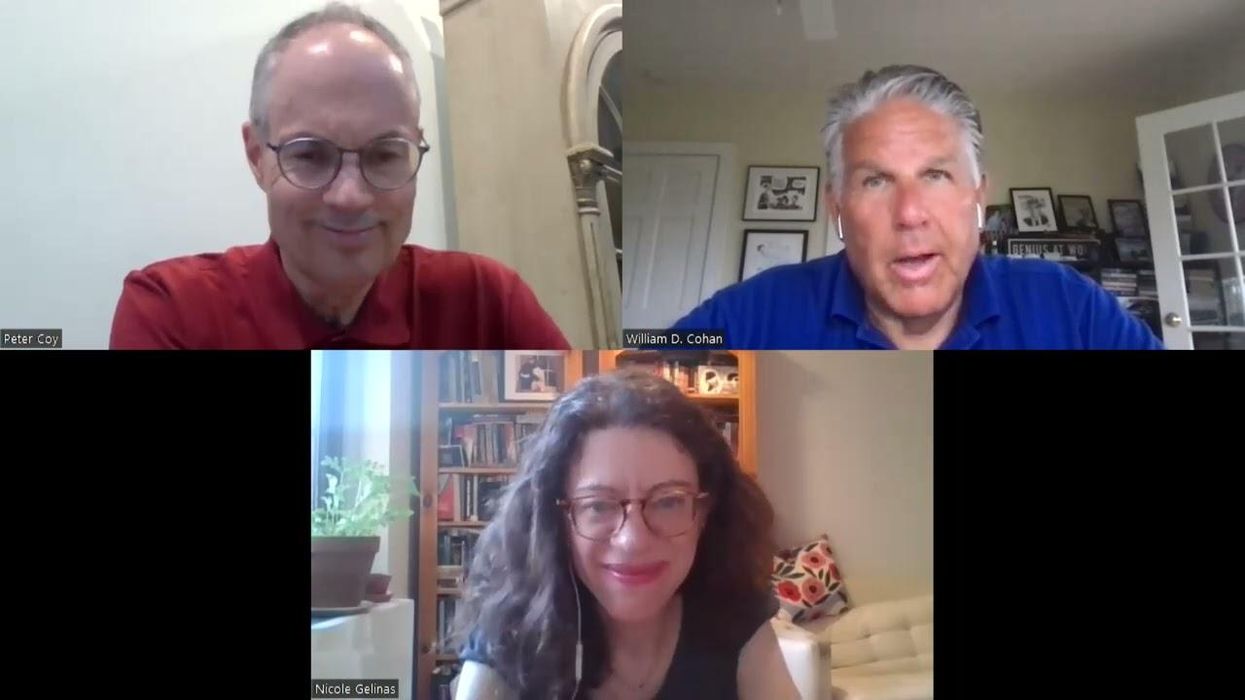In this webinar from the Network for Responsible Public Policy, guests Nicole Gelinas, William D. Cohan, and Peter Coy discuss the US economy.
The economy is in the news constantly. Unemployment is at the lowest rate in decades, yet, inflation is rearing its ugly head and the Fed has stepped in to increase rates. How did we get to this point? What should be anticipated? Should we be alarmed? Is there a consensus on sensible solutions? In other words, what’s the story?
Gelinas is a senior fellow at the Manhattan Institute, a contributing editor of City Journal, and a columnist at the New York Post. She writes on urban economics and finance.
Cohan, a former senior Wall Street M&A investment banker for 17 years at Lazard Frères & Co., Merrill Lynch, and JPMorganChase, is the New York Times bestselling author of three non-fiction narratives.
Coy, the moderator, is an economics writer for the New York Times Opinion section. He moved to the Times in July 2021 after nearly 32 years at BusinessWeek and Bloomberg Businessweek.




















Marco Rubio is the only adult left in the room